Mad Genius, The (1931)
“I will create my own being: that boy! That boy will be my counterpart, he shall be what I should have been.”
|
Synopsis: |
|
Genres, Themes, Actors, and Directors:
Review: While the story itself feels somewhat contrived — after all, what proof does Tsarakov have that Fedor’s “serious” relationship with Nana (Marsh) will ruin his chances for success? — Barrymore remains a pleasure to watch, and Barney McGill’s shadowy cinematography creates an appropriately stylized air of imminent doom. Cook, unfortunately, is instantly forgettable as Tsarakov’s young protegee (perhaps he was intentionally cast as someone without much personality?): but Marsh is at least beautiful to look at, and Luis Alberni as Tsarakov’s drug-addicted musical director is appropriately over-the-top. Film fanatics take note: Boris Karloff appears briefly in the beginning of the story as Fedor’s abusive father, though only his distinctive voice emerges as proof that he’s part of the proceedings. Note: It’s always enjoyable to look for evidence of “Pre-Code” sensibilities in early Hollywood films; the following comment — made by Nana’s new lover, Count Renaud (Andre Luguet), as they travel together on a train for the first time — is a good example:
Redeeming Qualities and Moments:
Must See? Links: |
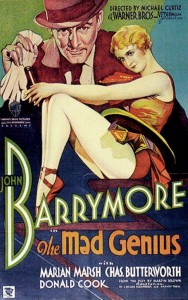
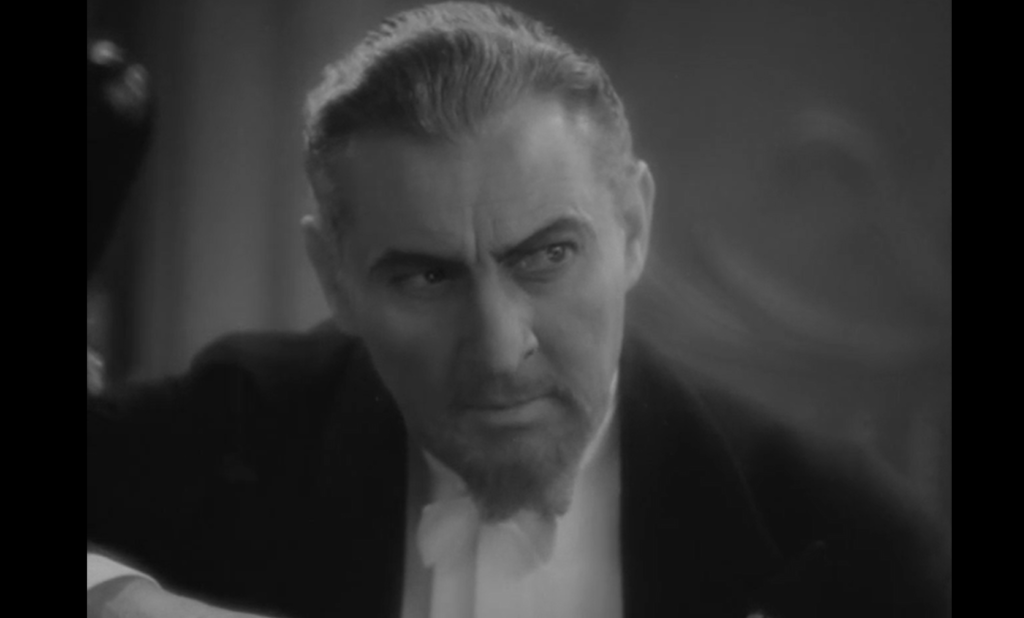
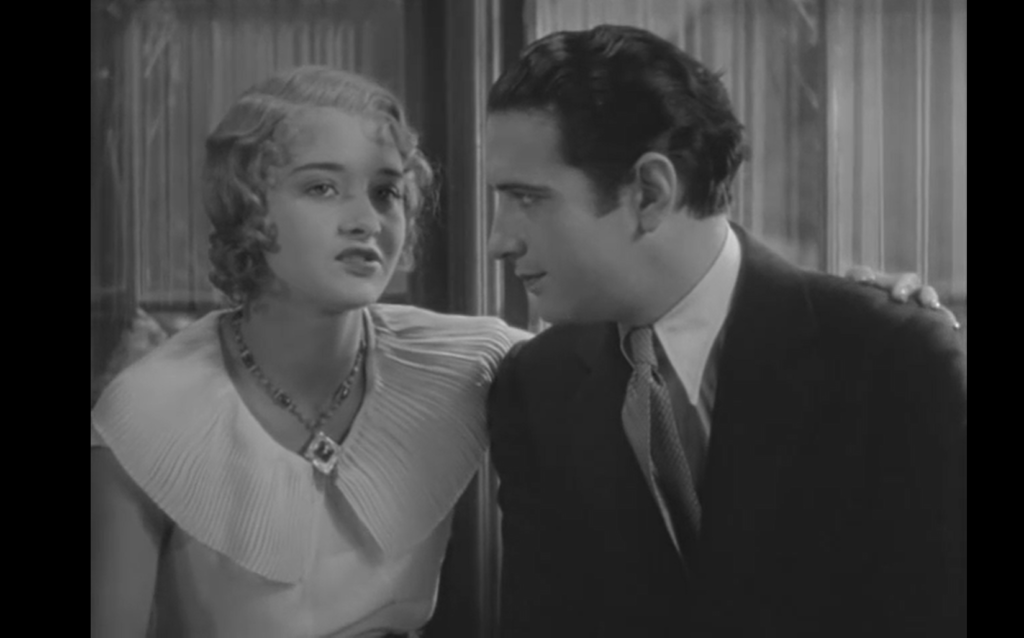
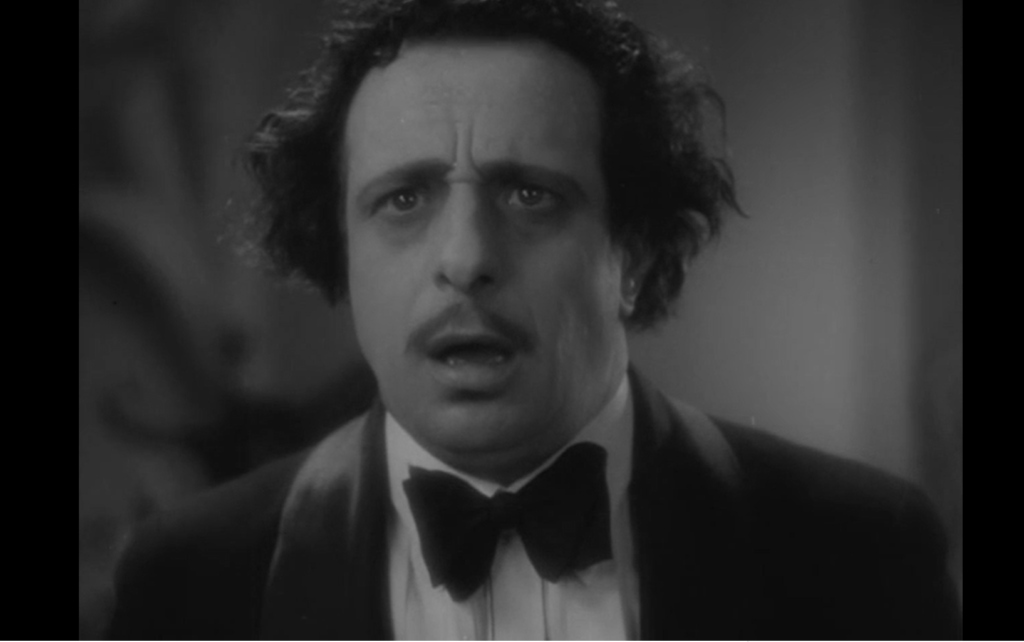
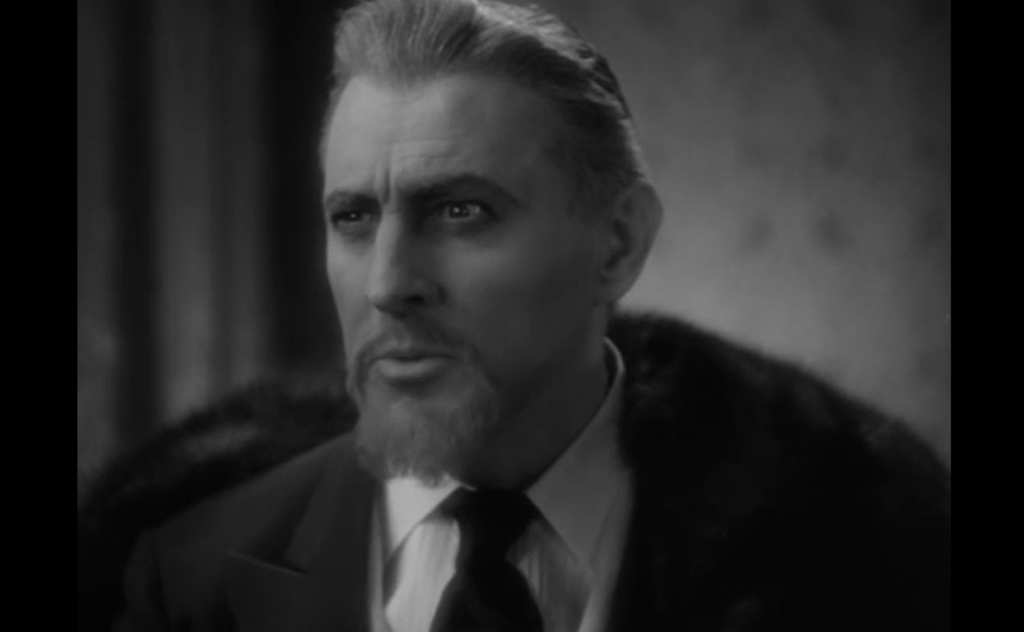
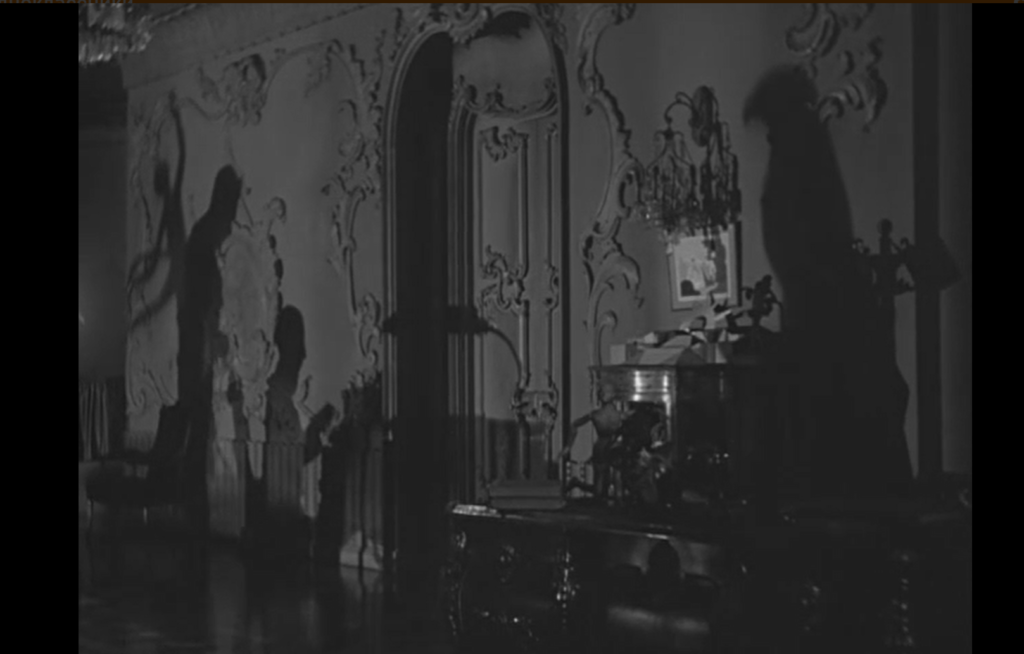
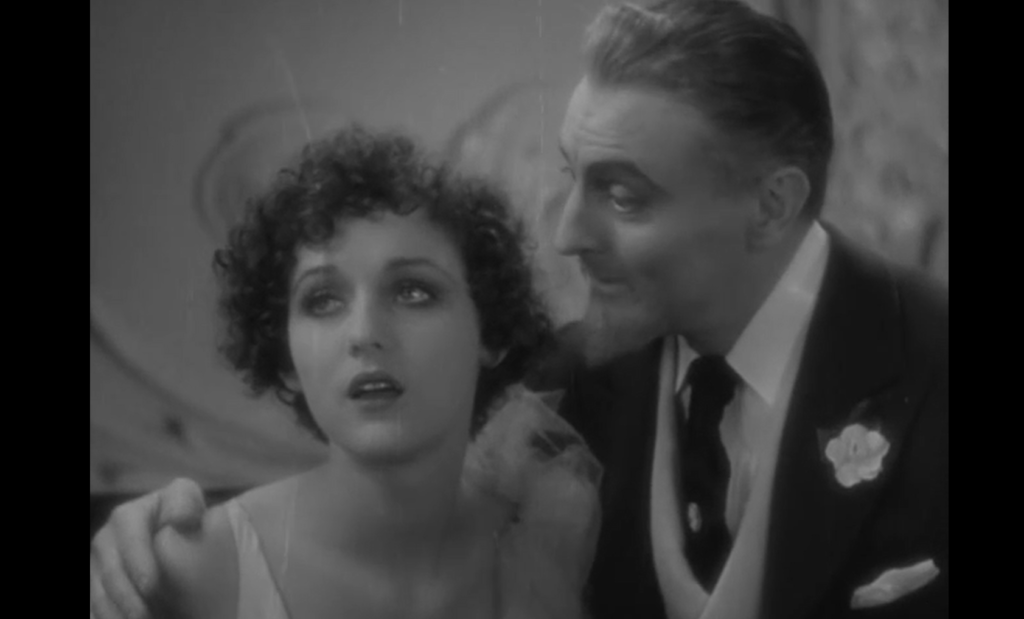
One thought on “Mad Genius, The (1931)”
First viewing. Not a must.
Actually, this movie annoyed me. Overall, it has a dull, lifeless script. (Worst of all, we see Barrymore go from being practically penniless as a puppeteer to being inexplicably wealthy as leader of a reputable dance troupe! How does THIS follow?)
As implied by the assessment, the storyline lacks sense. Perhaps this is because it is trying to heterosexualize the story of Nijinsky and Diaghilev. So, of course the whole subplot involving ‘Nana’ (here) comes off as forced.
A number of things are wrong: Barrymore is acting in a vacuum; Cook and Marsh can’t really act; as Barrymore’s right-hand-man, Charles Butterworth appears to be doing a Stan Laurel impersonation (did the producers think the heavy plot needed levity?; it doesn’t work); etc.
Yes, some of the pre-Code stuff is noteworthy: in particular, the bizarre business of Alberni’s (what?, cocaine?) addiction – the upshot of which is a bit laughable.
FFs – particularly admirers of director Michael Curtiz – may find some interest here due to the fact that this just about marks where his career took off in America (he’d been making films in Hungary and thereabouts already for about 20 years).
But, sadly, the film has very little appeal.
For the more accurate story, see Herbert Ross’ (non-Peary title, yet recommended) ‘Nijinsky’. In ‘The Mad Genius’ – which, by the way, has rather bad choreography throughout – we see a snippet (near the end) of a decidedly Nijinsky-esque dance.